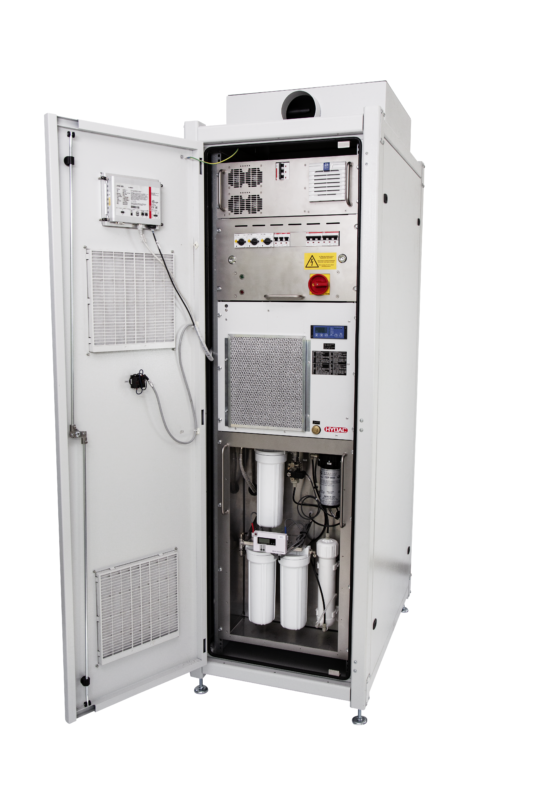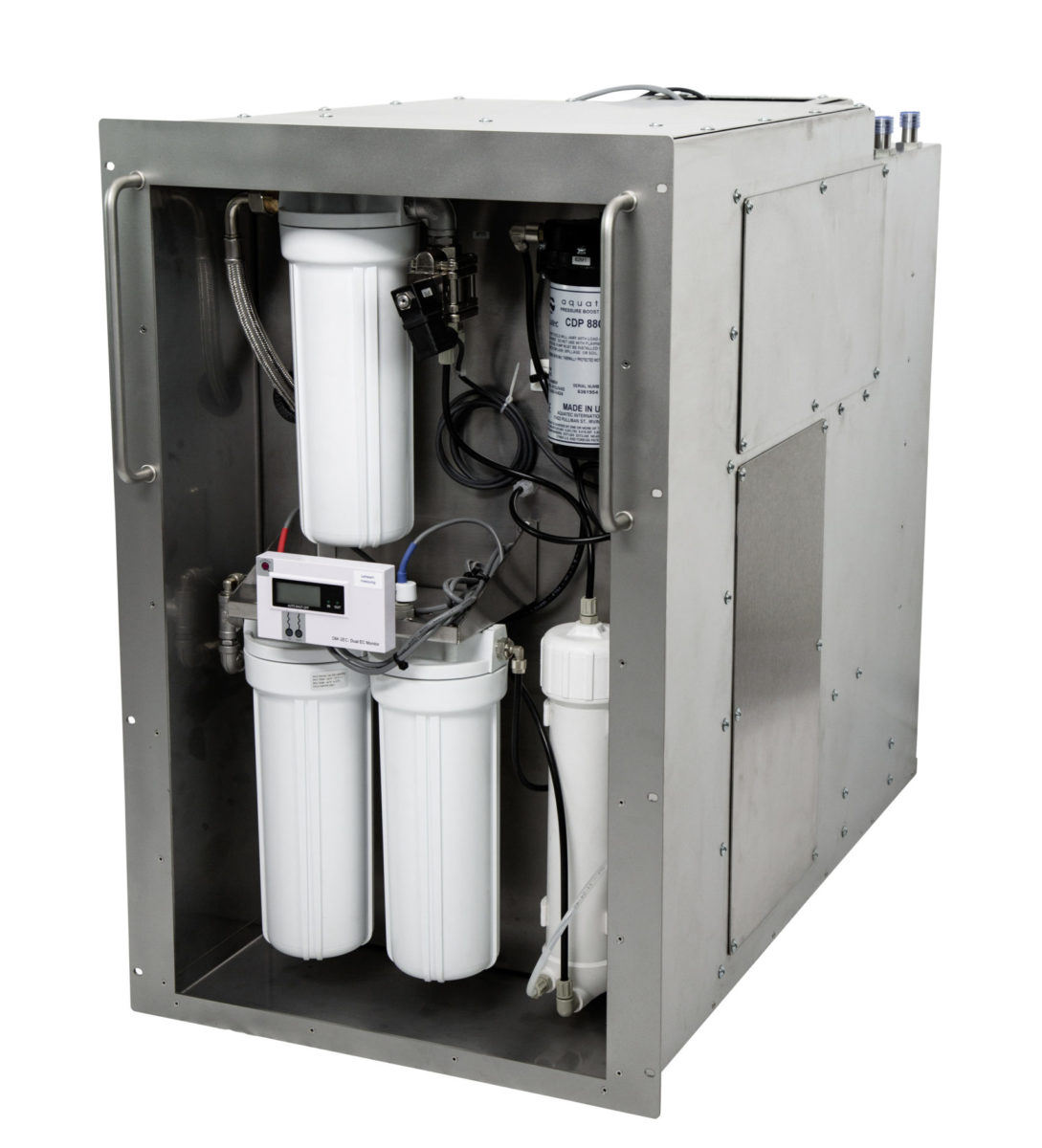Germany's Ostermeier H2ydrogen Solutions (OHS) GmbH has developed an electrolysis frame module for residential and commercial applications that allows electricity produced in sunny weather to be stored and used to generate electricity and heat again in the winter.

The electrolyzer is sold with a compressor, a pressure storage module, and a fuel cell or a Wankel engine to produce electricity.
“Our system is specially designed to work in combination with rooftop PV power generation,” the company's owner, Markus Ostermeier, told pv magazine. “A solar array with a battery may offer the optimal solution for the configuration we are proposing.”
OHS currently produces the system at its headquarters in Schweitenkirchen, near Munich, Germany. It is selling the system for seasonal storage starting from €160,000 ($175,400), depending on the project size and applications.
“We sell our devices to schools, agricultural and commercial businesses, as well as to multifamily buildings,” said Ostermeier. “One electrolyzer has been recently sold to the university Hochschule Bremerhaven, two to Fraunhofer Institutes in Germany, and another one to a private company in Aalen, in Baden-Württemberg. We have other clients in Switzerland, Finland and France, and we are planning to produce around 10 electrolyzers this year and another 20 in 2023.”
Popular content
The system works with tap water and is being offered together with bottles to store hydrogen and a fuel cell or a Wankel engine that OHS buys from external manufacturers. The electrolysis kit is hosted by a 19-inch “ERM” cabinet. The basic version consists of the electrolysis module, the base module, and the control module. The electrolysis module's stacks are provided by German specialist H-TEC Systems. The system has capacities ranging from 1kW to 100 kW, which corresponds to hydrogen production of 0.2-20 Nm3/h.
As for the power supply, the system operators may choose between an AC/DC power supply with a 400VAC three-phase connection or a DC/DC power supply with a 48 VDC connection. The stack of the electrolysis module is cooled during operation by a standard cooler based on deionized water and the operating temperature is between 55 and 65 C. The heat can be used to support the production of hot water.
“The hydrogen from our system can also be utilized for laboratory applications or as fuel for cars, trucks, forklifts or other vehicles,” Ostermeier said.
Given an electricity price of around €10/MWh, the system should be able to provide green hydrogen at a cost of approximately €12 per kg. “Thanks to its modular design, hydrogen production can be individually and cost-effectively adapted to the different areas of application,” said Ostermeier.
This content is protected by copyright and may not be reused. If you want to cooperate with us and would like to reuse some of our content, please contact: editors@pv-magazine.com.



Is that price of 10€/MWh correct? Seems too low. Please elaborate.
yes, that is correct.
Very interesting!
How long can you store hydrogen in the bottles? What is the hydrogen loss-% per month during storage?
I love the idea of this, but it’s not really for residential use at €160,000….. plus all the other equipment which is required to use the hydrogen. Maybe for a multiple residential situation, but still needs the cost to come down a lot.
Keep up the good work!
Hi, if power is € 100.00 /MWh and conversion efficiency is say 68% , that might indicate the cost per kg of hydrogen is € 5.79/kg then add in the cost of capital, € 160,000 over a lifetime of 80,000 hrs costing ~ € 5 /kg would make it a 15kW unit . is that about right?